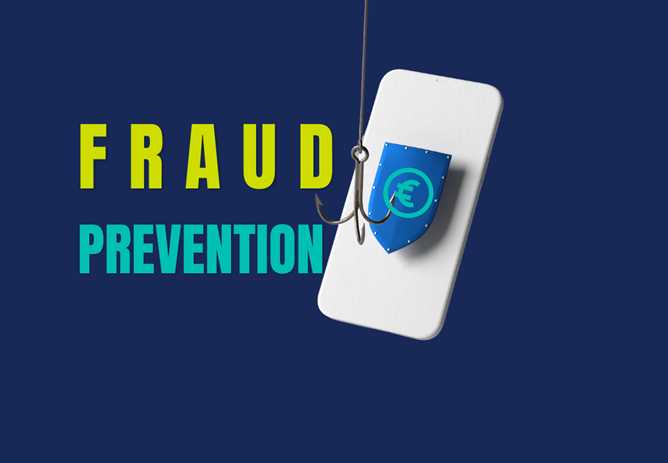Here are the top 10 common scams in Zambia, based on reported trends and public advisories in recent years:
1. Mobile Money Scams
-
How it works: Scammers impersonate mobile money agents or users. They send fake messages about mistaken transactions and request reversals.
-
Targets: MTN Mobile Money, Airtel Money users.
2. Job Offer Scams
-
How it works: Fraudsters post fake job ads online or via SMS/WhatsApp, then demand "processing" or "registration" fees.
-
Targets: Job seekers, especially fresh graduates

3. Fake Investment Schemes
-
How it works: Promises of high returns from forex trading, cryptocurrency, or fake "business" investments. Often Ponzi or pyramid schemes.
-
Examples: Fake forex trading platforms, unregistered "savings and investment" groups.
4. Online Shopping Scams
-
How it works: Sellers post products on Facebook or WhatsApp groups, collect payment, then disappear.
-
Targets: Buyers looking for phones, clothes, electronics at "discounts."
5. Fake NGO/Charity Scams
-
How it works: Fraudulent individuals pose as NGO workers collecting donations or offering fake aid programs.
-
Tactics: Fake registration links, donation drives, or “surveys” requiring mobile money transfers.
6. Sim Swap Fraud
-
How it works: Scammers convince mobile providers to switch your number to their SIM, then access your mobile money or bank account.
-
Targets: Mobile money and bank-linked numbers.
7. Lottery & Prize Scams
-
How it works: Victims get SMS or WhatsApp messages claiming they've won money, but must pay a "claim fee" first.
-
Clues: You didn’t enter any competition; requests for personal or bank details.
8. Romance & Dating Scams
-
How it works: Scammers pretend to be romantic interests online, build trust, then start asking for money for fake emergencies.
-
Common on: Facebook, dating sites, WhatsApp.
9. Rental Property Scams
-
How it works: Fake landlords or agents advertise houses or apartments, collect viewing or deposit fees, then vanish.
-
Common in: Lusaka, Ndola, Kitwe.
10. Government Job or Contract Scams
-
How it works: Scammers claim to be connected to government departments and offer “guaranteed” jobs or tenders for a bribe.
-
Often involves: Fake documents or meetings.
11. Money multiplication scam
How it Typically Works:
-
You’re approached via WhatsApp, Facebook, or in person.
-
They claim they can “double your money” or “turn K1,000 into K10,000.”
-
You’re asked to send a small amount first to “test the powers.”
-
If you fall for it, they may actually send a small return to gain your trust.
-
Once you send a bigger amount — 💨 they vanish.
Tips to avoid common scams in Zambia
here are practical tips to avoid these common scams in Zambia, tailored to each one:
1. Mobile Money Scams
Avoidance Tips:
-
Never reverse a transaction unless confirmed directly with your mobile money provider.
-
Always double-check the sender’s number and message authenticity.
-
If unsure, call customer care before doing anything.
2. Job Offer Scams
Avoidance Tips:
-
Be suspicious of jobs that require upfront payments.
-
Verify job postings on the official company website or with PACRA-registered recruiters.
-
Trust your gut — if it feels too easy or fast, it probably is.
3. Fake Investment Schemes
Avoidance Tips:
-
Avoid schemes that promise unrealistic returns (e.g., “double your money in 7 days”).
-
Check if the company is registered with SEC Zambia or BOZ.
-
Don’t invest because others are doing it — scams often use peer pressure tactics.
4. Online Shopping Scams
Avoidance Tips:
-
Use trusted platforms or insist on cash on delivery (COD).
-
Avoid deals that seem too cheap — they usually are.
-
If possible, meet the seller in person at a public location.
5. Fake NGO/Charity Scams
Avoidance Tips:
-
Research the NGO or charity online — check Zambia NGO registration portals.
-
Never send money through mobile money to individuals claiming to represent organizations.
-
Be cautious of links that request personal info in exchange for aid.
6. Sim Swap Fraud
Avoidance Tips:
-
Don’t share personal info like your NRC or account numbers over the phone.
-
Enable PINs/passwords for SIM card and mobile money access.
-
Register for bank/mobile alerts to detect suspicious activity early.
7. Lottery & Prize Scams
Avoidance Tips:
-
Ignore messages claiming you won something you never entered.
-
Don’t pay any “release” or “delivery” fees.
-
Official promotions will not contact you only via SMS — they usually call or use official pages.
8. Romance & Dating Scams
Avoidance Tips:
-
Be wary of people you meet online asking for money or financial help.
-
Reverse-image search their profile pictures to check for fake identities.
-
Never send nudes or compromising content — it can be used for blackmail.
9. Rental Property Scams
Avoidance Tips:
-
Always ask to see the property in person before paying any money.
-
Confirm agent identity and ask for PACRA registration if they claim to be professional agents.
-
Use known real estate companies when possible.
10. Government Job or Contract Scams
Avoidance Tips:
-
Government jobs are advertised through official channels, like the Ministry of Labour or Cabinet Office.
-
No genuine government office will ask for money to secure a job or contract.
-
Report anyone claiming such to ACC or DEC.



